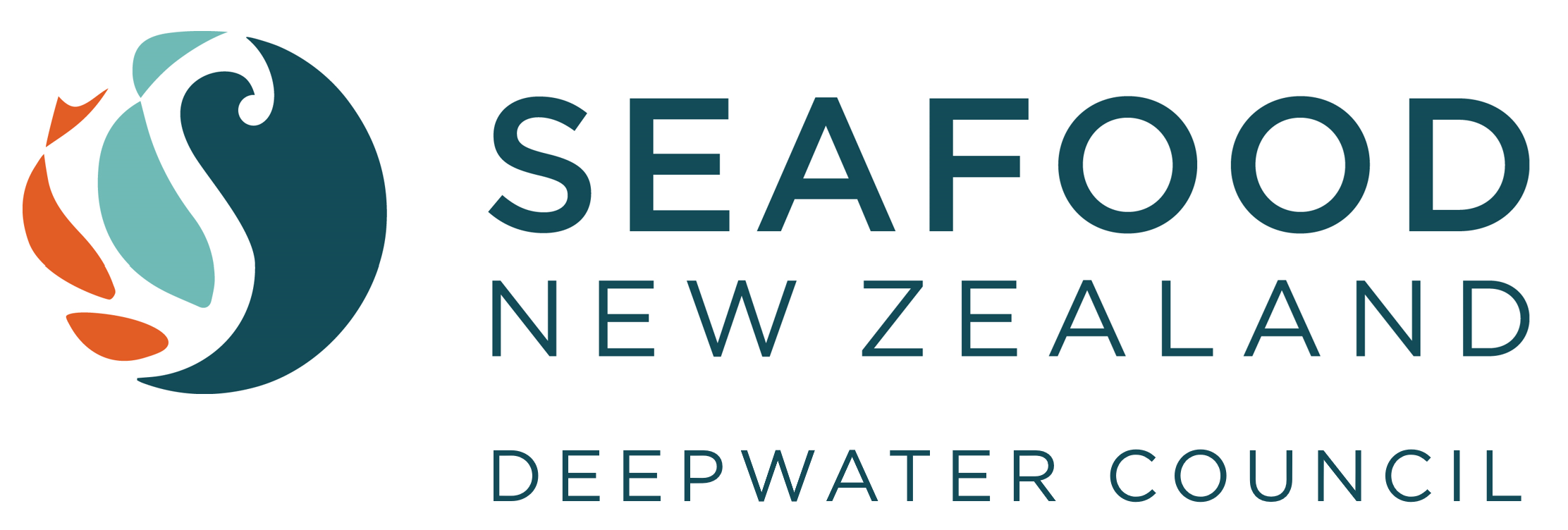Facts on the toothfish ordered by Trade Minister Tim Groser in Singapore are now clear. This fish was not ‘protected’, nor was it sourced from Antarctica as previous media stories have incorrectly asserted. This toothfish was sourced from the Heard Island and McDonald Islands fishery, which is certified as ecologically sustainable by the Marine Stewardship Council and rated “Best Choice” by the Monterey Bay Aquarium Seafood Watch Program.
“It is unfortunate that these baseless claims have been made without care to check the facts”, says George Clement, Chief Executive of the Deepwater Group.
“One of the strengths of MSC certification is the robust chain of custody which ensures traceability of product from the ocean to the consumer’s plate”.
“We take sustainability seriously”, says Eugenia Ong, Chef Director from Table at 7, the restaurant where Mr Groser dined. “Our toothfish is sourced from Austral Fisheries who catches the fish in the Australian Heard Island Territories. The fish is MSC certified”.
The Marine Stewardship Council is an international non-profit organisation that holds a set of standards against which the performance of fisheries can be independently assessed to determine their ecological sustainability.
The toothfish that was served to Mr Groser has been certified as sustainable since March 2012.
“Like New Zealand, Australia takes pride in its sustainably managed fisheries. We work hard to ensure as many of our fisheries as possible are able to meet the very high standards required to obtain MSC certification. It’s a shame that there are still those who do not bother to educate themselves about the work we are doing”, says David Carter, Chief Executive Officer of Austral Fisheries.
Alison Barratt of Monterey Bay Aquarium sums it up in National Geographic: “For many years conscious consumers have observed a “red list”: swordfish, monkfish, Chilean seabass [toothfish] etc. But over time things change. These species were previously all on the Seafood Watch “red list” but the science no longer supports that in all cases. It’s change we should welcome, but it’s not always easy to accept. The truth is that consumer advocacy for better fishing practices has galvanized action by major buyers of seafood and the industry – and that’s a good thing! We believe it’s no longer necessary to ‘Take a wholesale pass on Chilean seabass’. Look for the blue eco-label of the Marine Stewardship Council, or ask where in the world it comes from. This will help you find the best and avoid the rest.”
For further information on the fishery, please see:
MSC’s Track a Fishery website and factsheet
Monterey Bay Aquarium Seafood Watch Fact Sheet
Australian Governments “Antarctic Fisheries at a glance”
